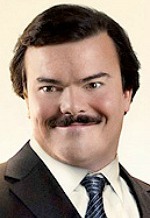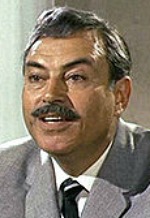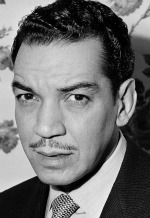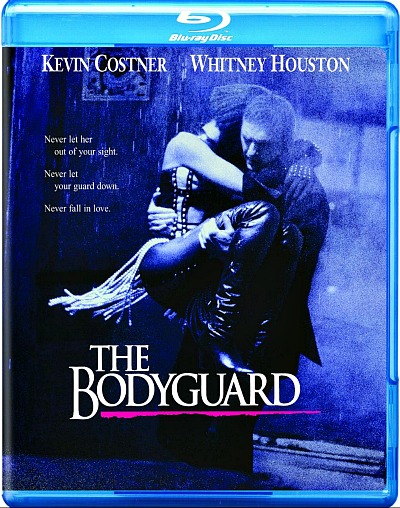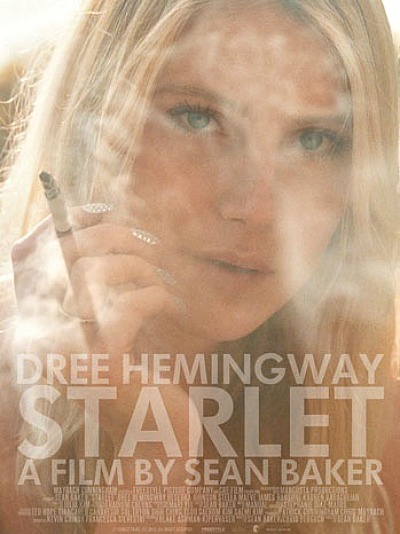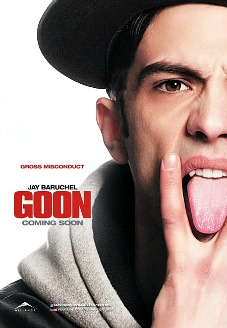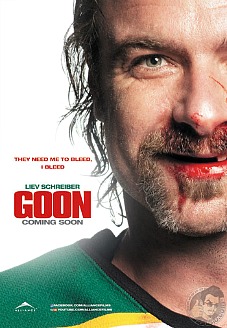“We need to stop glorifying the past and learn how to change for the future, and no film from last year — nominated for Best Picture or not — does that better than Moneyball,” writes Cinemablend’s Eric Eisenberg. “No movie released in 2011 better represents the era in which we are living, and the magnitude of that fact is why Bennett Miller‘s baseball drama should take home the Best Picture prize at this year’s Academy Awards.
“At the end of Moneyball, Billy Beane (Brad Pitt) takes a meeting with John W. Henry, the owner of the Boston Red Sox, who offers the A’s manager a $12.5 million salary to run Boston’s organization. During their conversation, Henry (Arliss Howard), dispenses this bit of wisdom:
“The first guy through the wall…he always gets bloody…always. This is threatening not just a way of doing business…but in their minds, it’s threatening the game. Really what it’s threatening is their livelihood, their jobs. It’s threatening the way they do things…and every time that happens, whether it’s the government, a way of doing business, whatever, the people who are holding the reins – they have their hands on the switch – they go batshit crazy.”
“We, as a nation, are covered in blood. In the last three years we have seen health care reform that could eventually help us reach the standards set by other first-world nations, troop withdrawal from Iraq, and economic reform that has seen the unemployment rate finally start to drop. And every change has been met with debate, dispute, denunciations, and disparagement.
“But then you have the 2004 Red Sox. Embracing the methodology propagated by Beane, the organization won its first championship in 86 years. Change turned into triumph, and that social message is displayed perfectly in Moneyball. And that not only deserves to be celebrated, but needs to be rewarded.”

